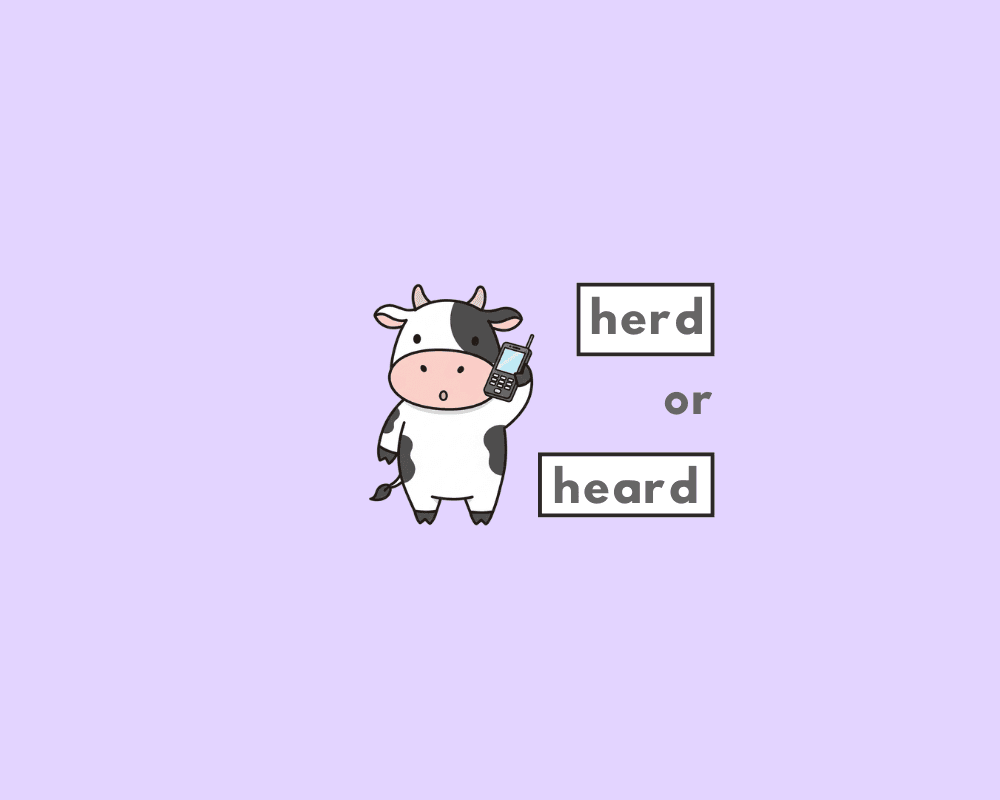What’s the plural of “trout”?
There is a trout in the net.
There are many trout in the lake.
There is a trouts in the net.
There are many trouts in the lake.
Not all fish are alike, but grammatically speaking they swim similar strokes. Like salmon, tuna and the word ‘fish‘ itself, trout is the same in both its singular and plural noun forms.
This means that whether you refer to them as a singular or plural, you’re safe using trout, sans –s (sans means “without” in French).
If the word trouts with an s is used, this could be because numerous types of trouts are being mentioned (e.g., different trout species or subspecies, like a Brook trout or a Golden trout). When we refer to multiple types of things within the same group or category, its acceptable to use an s at the end (as a general rule of thumb).
Is trout singular or plural?
Trout shows no change between its singular and plural noun forms. Trout is trout for both singular and plural forms, but sometimes you’ll see trouts being used in cases where several species of trouts might be referenced.
What are trout? What’s the definition of trout?
Merriam-Webster define trout as:
|
Any of various salmonid food and sport fishes that are mostly smaller than the typical salmons and are anadromous or restricted to cool clear fresh water. |
Whatever that means!
That “trout” is the same in both singular and plural, think of it like “fish” – both words are used the same way whether you’re talking about one or many.
Nouns that stay the same for singular and plural
Similar to trout, these other nouns show no change between the singular and plural cases:
| Singular | Plural |
|---|---|
| sheep | sheep |
| moose | moose |
| fish | fish (sometimes fishes) |
| elk | elk |
| deer | deer |
| trout | trout |
Examples of trout used in context
| Word Form | Examples |
|---|---|
| Other | Not the merest hint of a trout pout. (The Sun, 2011)
But they go really well in a smoked trout salad. The Sun, (2013) In summer wildflowers dusted the meadows and we fished for trout in the little streams and the pond. (Aidan Hartley, THE ZANZIBAR CHEST: A Memo.) The brown trout was going about his business. |
Origin of the word trout
From etymonline on trout:
“Old English truht “trout,” in part from Old French truite, both from Late Latin tructa, perhaps from Greek troktes “a kind of sea fish,” literally “nibbler”.
What’s the difference between they’re, their, and there?
Worksheet
According to the blog post, what is the standard plural form of “trout”?
When might the word “trouts” be used, according to the blog post?
Which of the following sentences uses the standard singular form of “trout” correctly?
Which of the following sentences uses the standard plural form of “trout” correctly?
According to the post, the word “trout” is similar to which other word because it is the same in both singular and plural forms?
There is a big ______ swimming near the shore.
The fishermen caught several ______ in the mountain stream.
The museum exhibit featured displays of different ______ species.
Like ______, the word “trout” is the same in both singular and plural forms.
According to the post, using “trouts” when referring to a single fish is ______.
FAQs
What is the standard plural of trout?
+
Can I say “many trouts”?
+
When is using “trouts” correct?
+
Is “trout” singular or plural?
+
What words are like trout in plural form?
+
Sources
-
Origin of trout.
Yash, D. "How to Use Trout Plural (Explained, With Examples)." Grammarflex, Sep 24, 2025, https://grammarflex.com/trout-plural/.








